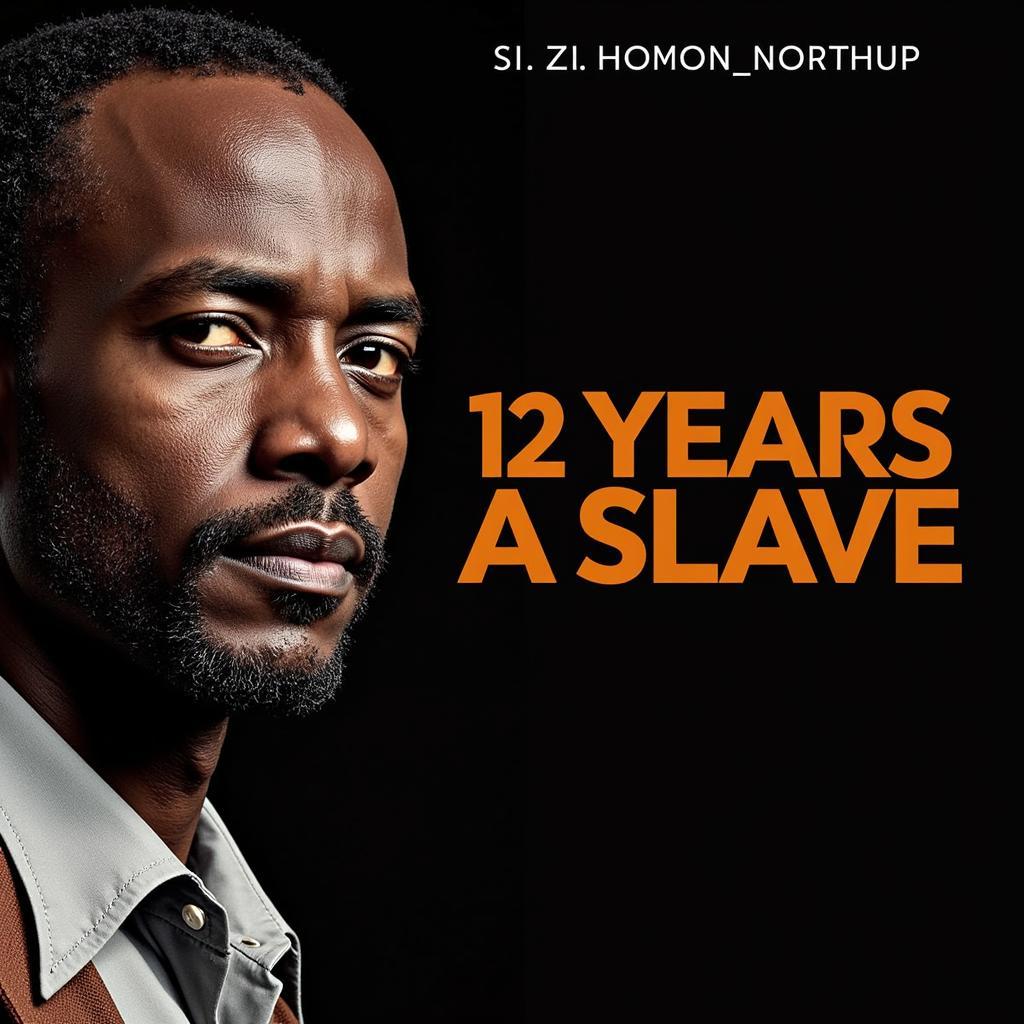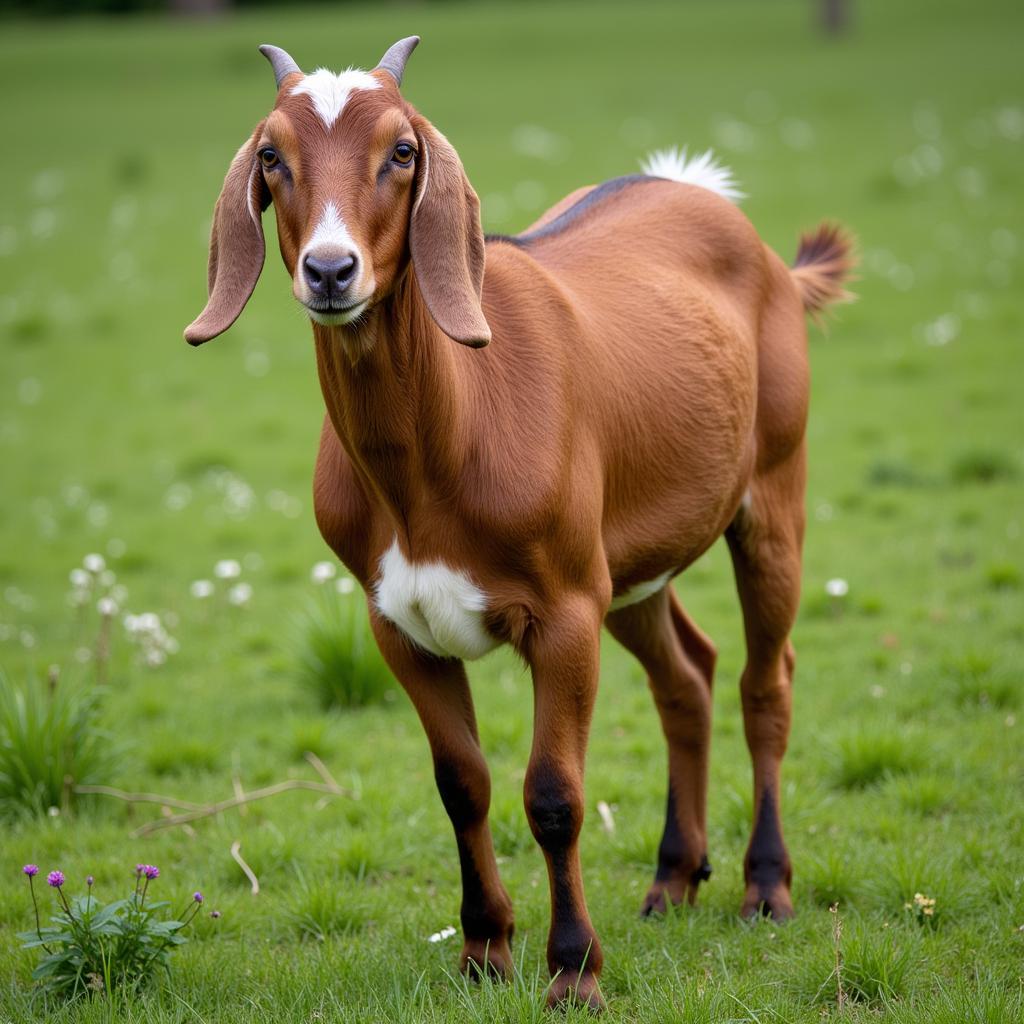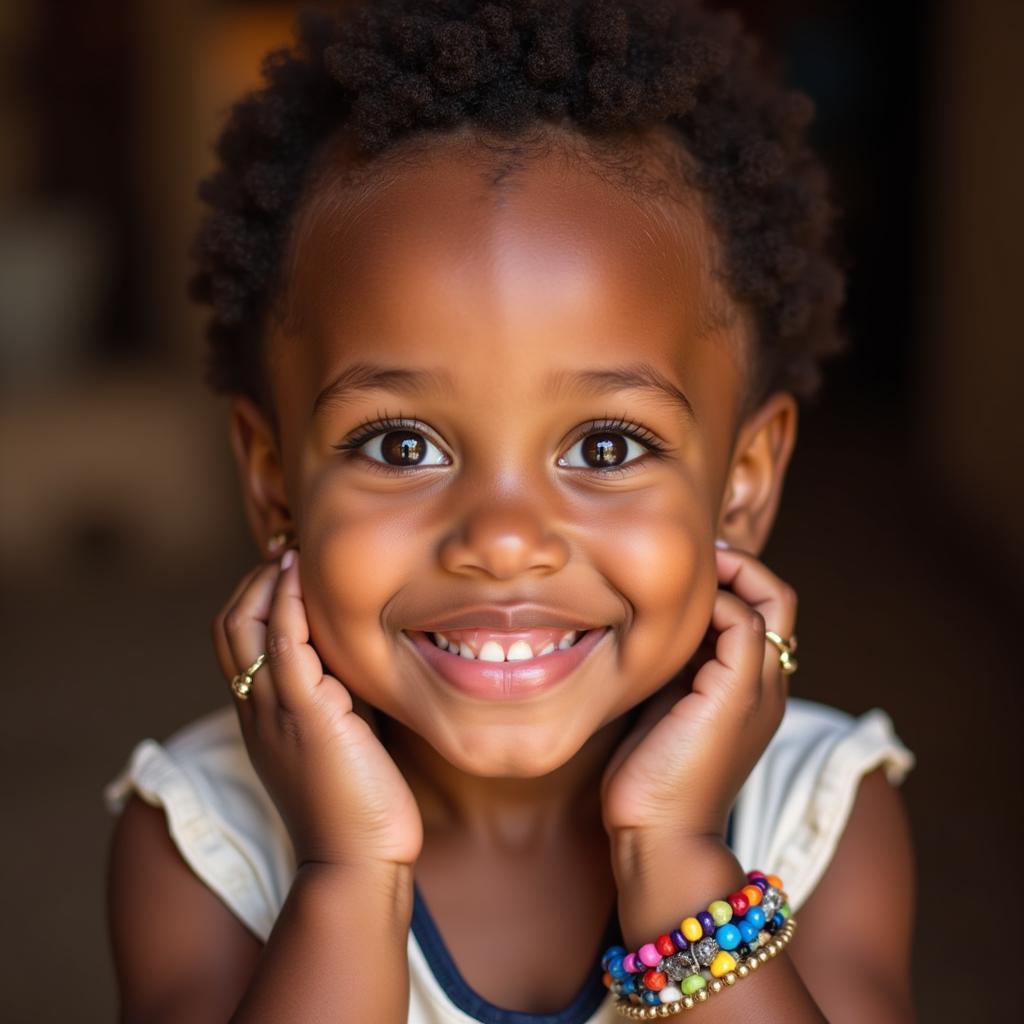A Dive into the Vibrant World of African Festivals: Fascinating Facts You Need to Know
African festivals are a dazzling tapestry of cultural expression, offering a glimpse into the rich history, traditions, and beliefs of diverse communities across the continent. From ancient rituals to modern celebrations, these vibrant gatherings showcase the soul of Africa, captivating hearts and minds worldwide. This article delves into the fascinating world of African festivals, unveiling intriguing facts and enriching your understanding of this integral part of African Life.
The Heartbeat of African Culture: Exploring the Significance of Festivals
African festivals are more than just parties; they are deeply ingrained in the fabric of society, serving as vital connectors to ancestral heritage, spiritual realms, and the rhythms of nature.
- Celebrating Life’s Cycle: Festivals often mark significant milestones in life, such as births, marriages, and harvests, acknowledging the interconnectedness of humans with the natural world.
- Honoring Ancestors: Many festivals are dedicated to honoring ancestors, seeking guidance and blessings from those who have passed on. The ancestors are believed to play a crucial role in shaping the present and future, and festivals act as a bridge between the living and the departed.
- Preserving Traditions: Festivals serve as a powerful medium for preserving cultural traditions, languages, music, dance, and storytelling, ensuring that these valuable elements are passed down to future generations.
- Strengthening Community Bonds: Festivals are a time for communities to come together, fostering a sense of belonging, shared identity, and collective joy. They provide opportunities for individuals to interact, support one another, and celebrate their shared heritage.
“African festivals are like a living encyclopedia, encapsulating the wisdom, resilience, and vibrancy of our ancestors,” says Dr. Amina Diouf, a renowned anthropologist specializing in African cultural studies.
A Kaleidoscope of Celebrations: Exploring Diverse Festival Types
Africa’s diverse landscape is mirrored in its festivals, each region boasting unique celebrations that reflect its history, beliefs, and environment. Here are a few examples of the fascinating variety of festivals across the continent:
1. Harvest Festivals: A Celebration of Abundance
From the lush fields of West Africa to the fertile valleys of East Africa, harvest festivals are a testament to the bounty of the land. These celebrations express gratitude for a successful harvest and mark the beginning of a new agricultural cycle.
Examples:
- Fête de la Musique (Burkina Faso): This celebration of music and dance honors the harvest season and features performances by traditional musicians and dancers.
- Umkhosi woMhlanga (South Africa): This vibrant festival celebrates the Zulu people’s agricultural harvest and signifies the transition of young women into adulthood.
2. Religious Festivals: Honoring Faith and Spirituality
Religious festivals are integral to the spiritual lives of many African communities, celebrating important events, honoring deities, and seeking divine guidance.
Examples:
- Eid al-Adha (Across Africa): This Islamic festival celebrates the willingness of Prophet Ibrahim to sacrifice his son for Allah, emphasizing themes of sacrifice, obedience, and faith.
- Easter (Across Africa): This Christian celebration commemorates the resurrection of Jesus Christ, signifying hope, new beginnings, and victory over death.
3. Cultural Festivals: Celebrating Heritage and Artistic Expression
Cultural festivals provide a vibrant platform for showcasing the unique artistic expressions of different communities, including music, dance, storytelling, visual arts, and culinary traditions.
Examples:
- Festival of the Arts (Zimbabwe): This annual festival brings together artists from across the country to showcase their talents in theatre, music, dance, and visual arts.
- Sankofa Festival (Ghana): This celebration of African culture and heritage features performances, workshops, and exhibitions, highlighting the rich history and traditions of Ghana.
A Symphony of Sounds: Unveiling the Power of Music in African Festivals
Music is the lifeblood of African festivals, weaving together communities, expressing emotions, and telling stories across generations.
- Traditional Instruments: Each region boasts its unique set of traditional instruments, from the rhythmic drumming of West Africa to the haunting sounds of the kora in West Africa, adding depth and cultural context to the festival experience.
- Vocal Traditions: Powerful vocal traditions, often combining call-and-response techniques and polyphonic melodies, play a crucial role in storytelling, expressing emotions, and invoking the spirits of ancestors.
- Dance as a Language: Dance is an essential part of many African festivals, serving as a form of communication, storytelling, and spiritual connection. The vibrant movements and intricate steps express cultural identity, rituals, and societal values.
Beyond the Festivities: Understanding the Impact of African Festivals
African festivals are more than just celebrations; they serve as vital catalysts for social and economic development, promoting tourism, cultural exchange, and economic empowerment.
- Tourism Boost: Festivals attract tourists from around the world, generating income for local communities and promoting cultural awareness.
- Economic Empowerment: Local craftspeople, artists, and entrepreneurs benefit from the increased demand for their goods and services during festivals, contributing to economic development.
- Cultural Exchange: Festivals provide a platform for different communities to share their traditions, customs, and experiences, fostering cultural understanding and appreciation.
Frequently Asked Questions about African Festivals
Q: What are some of the most popular African festivals?
A: Some of the most popular African festivals include:
- Carnival (Trinidad & Tobago): A vibrant celebration of Caribbean culture, with parades, music, and dance.
- Up Helly Aa (Scotland): A fire festival in the Shetland Islands, featuring a dramatic Viking procession and bonfire.
- Durbar (Ghana): A traditional royal gathering celebrating the Ashanti culture, with colorful displays and elaborate processions.
- Soweto Carnival (South Africa): A colorful celebration of South African culture, with street parades, music, dance, and traditional foods.
Q: What are some tips for attending an African festival?
A: To make the most of your experience at an African festival, remember these tips:
- Respect local customs: Be mindful of the cultural norms and traditions of the community hosting the festival.
- Dress appropriately: Wear comfortable and modest clothing, considering the weather conditions and local customs.
- Be prepared to participate: Many African festivals encourage active participation, whether it’s dancing, singing, or joining in traditional activities.
- Respect the environment: Be mindful of the environment and dispose of waste responsibly.
Q: Are there any online resources for learning more about African festivals?
A: Yes! Numerous online resources provide information about African festivals. Some great starting points include:
- african band no face: Discover fascinating insights into the world of music and festivals in Africa.
- african american culture activities: Explore the vibrant cultural activities and festivals that celebrate African American heritage.
Conclusion
African festivals are an enchanting window into the soul of the continent, showcasing the rich tapestry of cultures, traditions, and beliefs that define this vibrant land. From the rhythmic pulsations of music to the captivating beauty of dance, these celebrations offer an unforgettable journey into the heart of Africa. By embracing the spirit of these festivals, we can deepen our understanding of the richness and diversity of African cultures while celebrating the enduring power of tradition and community.
Let these festivals serve as a reminder of the profound beauty and resilience of Africa’s heritage, inspiring us to embrace cultural diversity and celebrate the vibrant tapestry of human experience.


